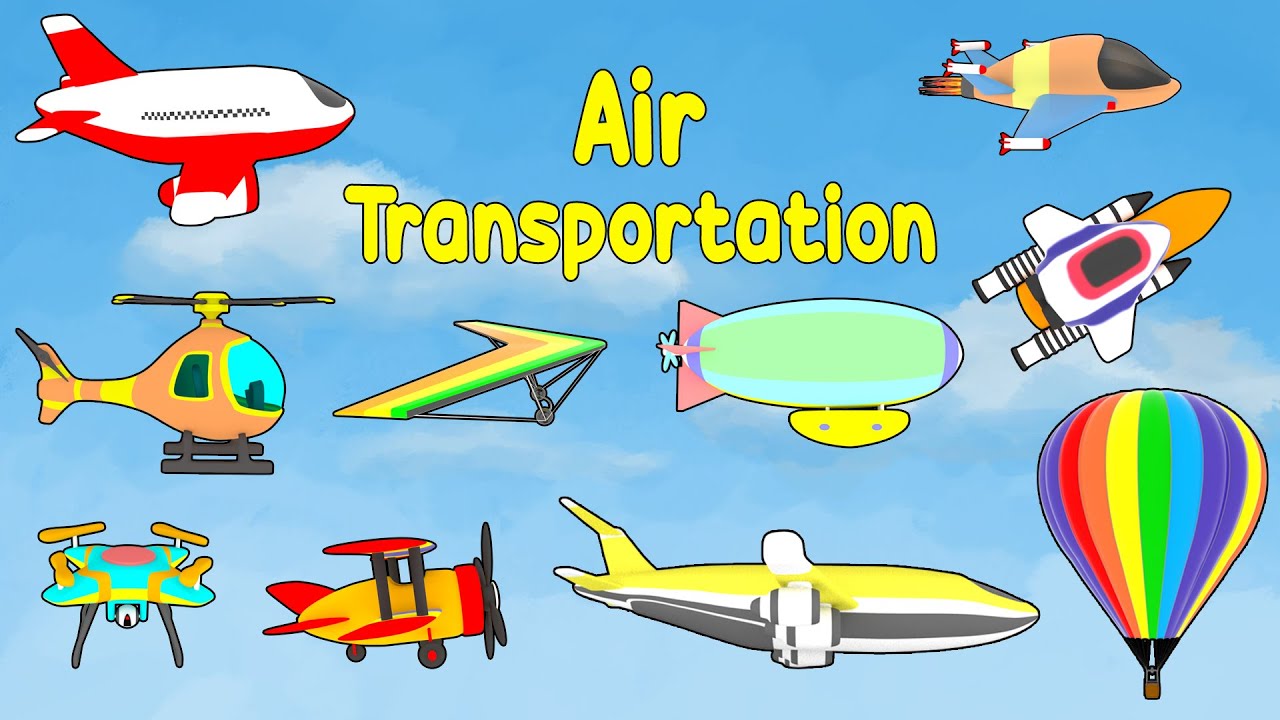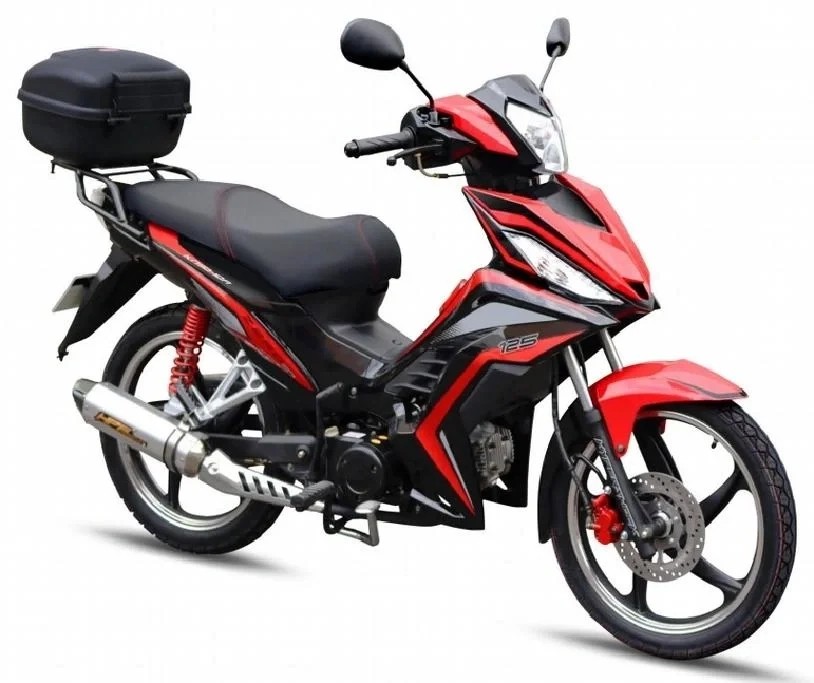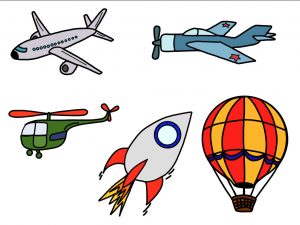Transportation plays a crucial role in our daily lives, connecting people and goods across vast distances. With the advancement of technology and the growing need for efficient and sustainable transportation, it is essential to explore the most effective modes of mobility. In this article, we will delve into various transportation options and evaluate their effectiveness based on factors such as speed, cost, environmental impact, and convenience.
- High-Speed Rail: Redefining Efficiency and Connectivity
High-speed rail has emerged as a game-changer in the transportation industry, offering unparalleled speed and connectivity. With trains capable of reaching speeds over 300 km/h (186 mph), high-speed rail systems reduce travel time significantly, making them a preferred choice for long-distance travel. Moreover, these systems are often more energy-efficient and emit fewer greenhouse gases compared to air travel, making them an environmentally friendly option. - Electric Vehicles: Paving the Way for Sustainable Mobility
As the world shifts towards a greener future, electric vehicles (EVs) have gained immense popularity. EVs are powered by electricity, reducing dependence on fossil fuels and minimizing carbon emissions. With advancements in battery technology, EVs now offer longer ranges and faster charging times, making them a viable option for everyday transportation. Additionally, governments worldwide are incentivizing the adoption of EVs through subsidies and infrastructure development, further promoting their effectiveness. - Bike-Sharing Systems: Combining Health, Convenience, and Sustainability
In urban areas, bike-sharing systems have revolutionized the last-mile transportation segment. These systems provide a fleet of bicycles that can be rented on a short-term basis, allowing users to conveniently travel short distances. Bike-sharing promotes physical activity, reduces traffic congestion, and lowers carbon emissions. By leveraging smartphone apps and GPS technology, users can easily locate and unlock bikes, making this mode of transportation highly accessible and efficient. - Hyperloop: The Future of Ultra-Fast Travel
The Hyperloop concept, proposed by Elon Musk, aims to revolutionize transportation by utilizing low-pressure tubes to transport pods at near-supersonic speeds. With the potential to reach speeds of up to 1,000 km/h (621 mph), the Hyperloop could drastically reduce travel times between cities. By eliminating air resistance and utilizing renewable energy sources, this futuristic mode of transportation holds immense promise for the future.
Conclusion:
In the quest for the most effective transportation, various modes of mobility have emerged, each with its unique advantages. High-speed rail offers unparalleled speed and connectivity, while electric vehicles pave the way for sustainable transportation. Bike-sharing systems combine health, convenience, and sustainability, while the Hyperloop promises ultra-fast travel in the future. As technology continues to advance, it is crucial to evaluate and embrace these innovative transportation options to create a more efficient, connected, and sustainable world.







+ There are no comments
Add yours